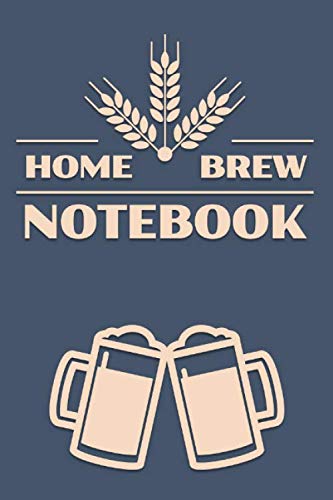I've heard this term used a lot, but is it real, and if so what causes it?
Is it imperfect brewing technique (and therefore just a cover-all term for any manner of off-flavours), is it due to the yeast strains available to homebrewers, is it quality and freshness of ingredients (therefore kits should be worst) or is it down to temperature control? :hmm:
Is it imperfect brewing technique (and therefore just a cover-all term for any manner of off-flavours), is it due to the yeast strains available to homebrewers, is it quality and freshness of ingredients (therefore kits should be worst) or is it down to temperature control? :hmm:








































